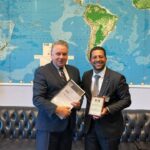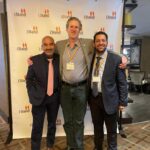- info@ihope.world
- Mon - Sat: 09.00 am - 05:00 pm
A Stand Against IPCA: iHOPE's Participation in the 8th Annual iSTAND Conference
In a united effort to fight International Parental Child Abduction (IPCA) and offer unwavering support to left-behind parents, iHOPE proudly attended the 8th Annual iSTAND Parent Network Inc. International Parents Conference & Embassy Walk in Washington, D.C.
Back in late September of 2022, iSTAND organized and hosted this significant event, focusing on the pressing issue of Parental Child Abduction Across Borders. Representing iHOPE, Attorney Mohamad Al Ayouby joined a diverse group of lawyers, advocates, international organizations, and stakeholders deeply concerned with the legal and human rights challenges posed by IPCA.
The conference was enriched by the valuable contributions of students from the prestigious University of Alabama in Huntsville, who presented contemporary academic research exploring the multifaceted consequences of International Parental Child Abduction on legal, political, and social realms.
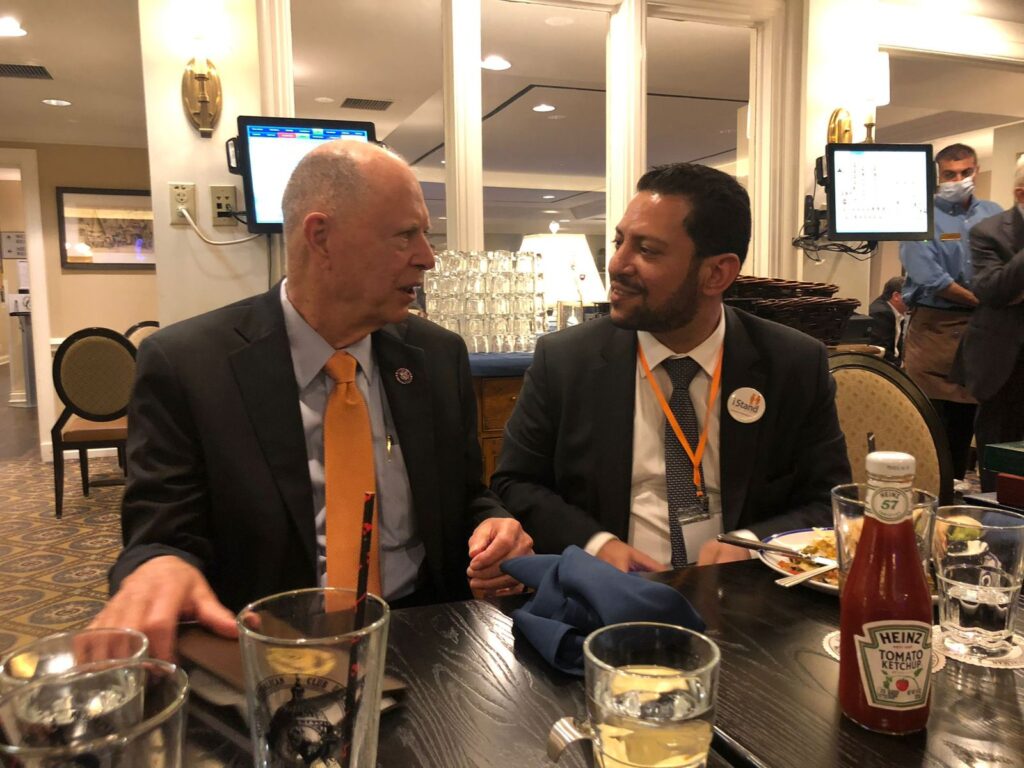
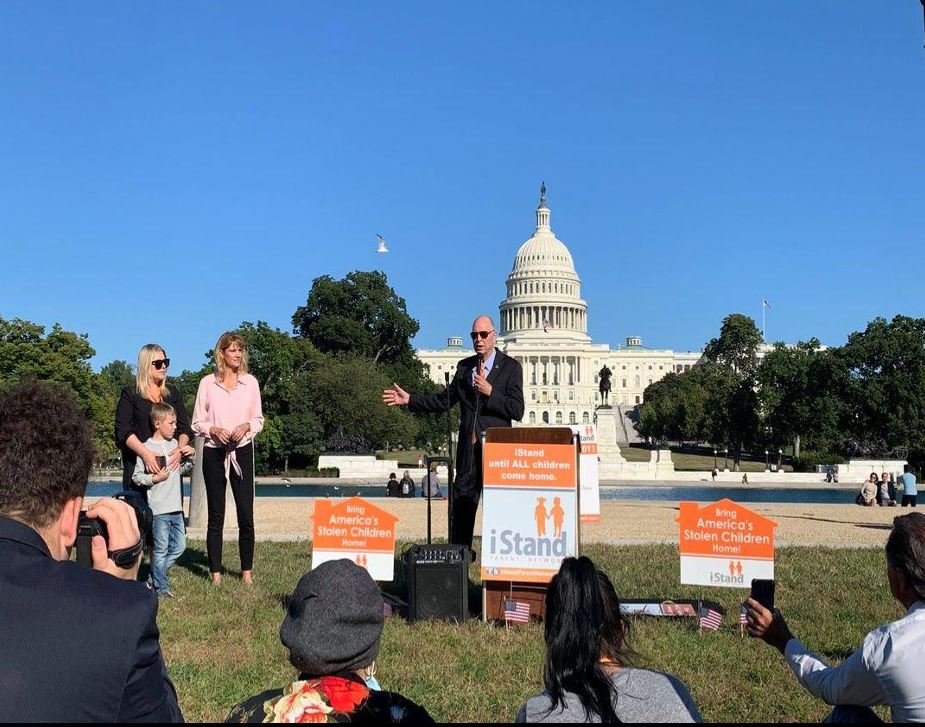
During a symbolic stand in front of the United States Capitol, where seeking-parents shared their personal stories and expressed their profound pain, Representative Bill Posey delivered a powerful speech demonstrating his solidarity with these families and reaffirming his unwavering support. Rep. Posey has proven to be a fierce advocate for the cause, consistently following up on IPCA cases and playing a pivotal role in the successful return of abducted children.
In a further demonstration of iHOPE’s commitment to advocating against IPCA, Attorney Mohamad Al Ayouby had the privilege of attending a hearing for the Tom Lantos Human Rights Commission, held in the United States House of Representatives. The focus of this hearing was the Sean and David Goldman International Child Abduction Prevention and Return Act of 2014. Introduced by Representative Chris Smith, this bill aims to empower the State Department with a range of tools to pressure foreign governments to repatriate American children who have been abducted overseas.
iHOPE’s participation in the 8th Annual iSTAND Conference and the Tom Lantos Human Rights Commission hearing underscores our unwavering dedication to raising awareness about IPCA, advocating for the rights of left-behind parents, and working towards the safe return of abducted children. Through our continued efforts and collaboration with like-minded organizations, we strive to make a tangible difference in the lives of those affected by this heartbreaking issue.
A Panel Discussion on IPCA: Overcoming Legal and Cultural Barriers
A panel of seasoned lawyers and advocates deeply involved in International Parental Child Abduction (IPCA) convened to discuss the intricate legal and cultural challenges that often hinder the resolution of these cases.
Attorney Mohamad Al Ayouby, a renowned attorney in resolving International Parental Child Abduction cases to and from Lebanon, highlighted the three primary obstacles faced by lawyers when dealing with such cases. He explained that Lebanon’s non-adherence to the Hague Convention, coupled with its diverse religious landscape, presents unique legal complexities. The country’s intricate system of religious laws governing personal status, including child custody, varies significantly across different sects. For example, custody ages differ among Catholic Christians, Orthodox Christians, Sunni Muslims, and Shia Muslims. This lack of a unified legal framework poses significant challenges in IPCA cases.
Furthermore, Attorney Al Ayouby emphasized that IPCA is not considered a crime in Lebanon, preventing the imposition of criminal charges on parents who forcibly abduct their children. This legal loophole further complicates the resolution of these cases.
The panel discussion underscored the importance of understanding the cultural nuances and legal intricacies involved in IPCA cases, particularly in Arab countries. Attorney Al Ayouby’s insights highlighted the need for tailored legal strategies and a deep understanding of the specific legal frameworks governing parental rights and child custody in each jurisdiction.
International Organizations Leading the Way
iHOPE, represented by Khaled Sabbagh, Rasha Kayal and Osei Bilal Kabbara, participating in a panel discussion, International Organizations Leading the Movement, at iStand: UNDIVIDED, the 8th International Parents Conference, in Washington DC.
Several members of organizations dedicated to fighting IPCA discussed strategies and their experiences in this realm of legal & policy work.
The problem of IPCA has been with us for many years, and the number of cases is growing phenomenally. The children are deprived of one of their parents and their wider family for a long time –sometimes permanently – and their sense of security is threatened, particularly, in the Middle East. These children are forced to accept a change of country, culture, schools etc. Even if children are returned, they are marked by the abduction for the rest of their lives.
The value of International Organizations, as described in the discussion panel, is highlighted in the experiences and challenges exchanged between international groups tackling this issue in the absence of action by governmental authorities. It was stated that one of the many fundamental problems in countries is that governments don’t keep statistics, so when reaching out to ministers, they either haven’t heard of it or don’t know the scope of it.
One of the victims of IPCA shared that “Having these organizations brings communities together and makes us feel like we’re included. There is power in numbers, the more people we have on our side, whether they are from our own country or a different country makes us more powerful.” To some, a step has been taken in effort to enhance the policies and frameworks governing the issue. When the Goldman Act Bill was passed, it created an annual report that has been picked up internationally by other countries as a framework of understanding and used it to fuel action and movement. Others believed that “Government officials are trying to sweep the issue under the rug, not deal with it or pass it on to somebody else.”
Historically, the signing of the Hague Convention in 1980 was promising in terms that if many countries signed on to it, it would have some kind of effect. Many strategies were developed; however, the practice around it failed to evolve in order to be able to deal with countries in a viable approach.
“Mainly when addressing policy change, especially in the Arab Region, we need to have a constructivist approach. The importance of the organizations lies in getting the support of the community by proper community engagement and community-based approaches in order to educate the public and shed light on ineffective laws and judicial practices affecting families all over the world.
A lot of Middle Eastern countries have Sharia law. Lebanon has a hybrid system between Civic and Religious laws in regards to personal status matters; however, the legislator left some gaps that we were able to benefit from. We were able to acquire new precedents and new laws regarding the best interest of the children. In cases where several courts are competent at the same time, Strategic Litigation comes handy, enabling us to maneuver around the courts.
“We” were able to notice the gaps missed by the legislator and maneuvered our way around them. Here comes the importance of specialized task forces trained to find these loopholes and take advantage of them. This is a tactical method that will help us achieve our strategic end, to enhance access to justice and reunite families with their children.”
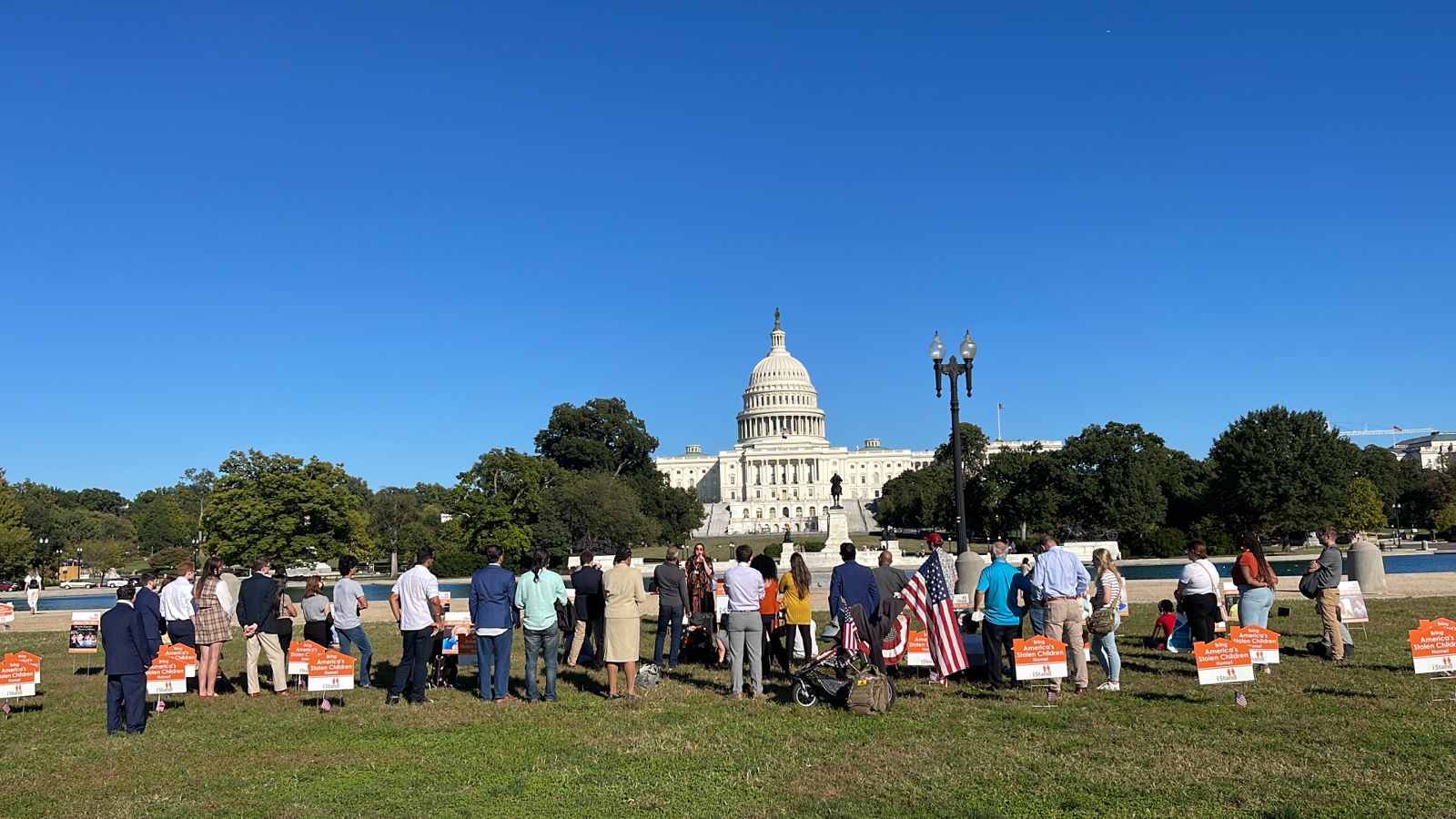
Search
Causes


SUBSCRIBE
Instagram Feed
- Made by iHOPE - Copyright 2025
- Info@ihope.world






